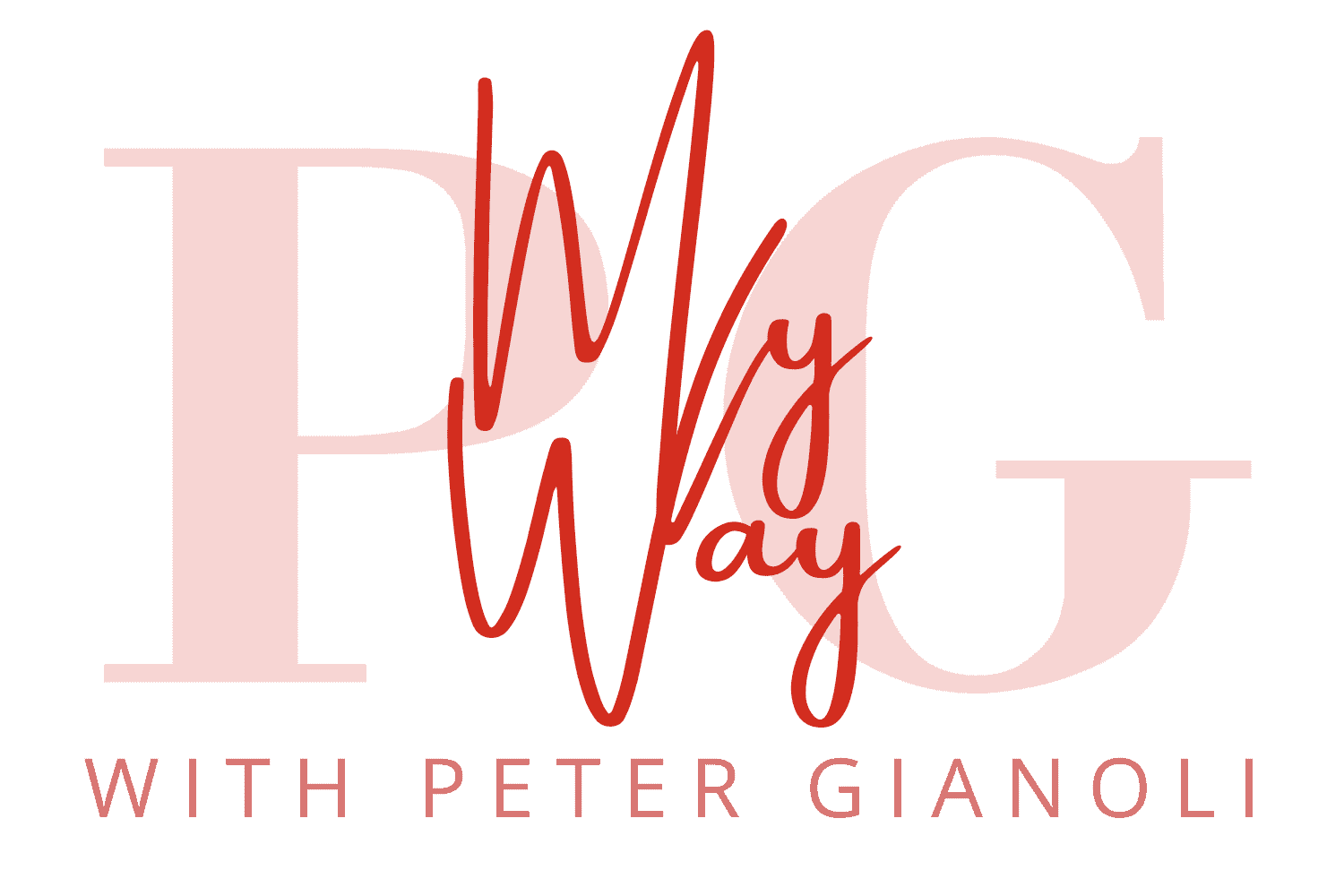I will give your business a gift of FREE MONEY!
All you have to do is set your prices at the premium level. If you can get your head around it, you can be assured of a lot of extra revenue. This podcast will tell you how and why.
Transcript
In this episode I am going to give your business a gift – FREE MONEY!
I do a lot of public speaking. At the start of a presentation, I like to get audience involvement, so I love to start with this simple experiment.
I ask an audience to stand up. I then ask people who have over 5 pairs of shoes to remain standing.
Then I ask people who have 10 to continue (to stand). Then 50. Then 100. Then 200. Then 300. And I keep going like this until no one is left standing.
I then do the same thing with web domains.
In any audience, there are always a few people who have more than 250 pairs of shoes!
There will always be a few people who have over 200 web domains! It may be you??
But what does this mean? To you or me and in particular our business?
It means that if you are not adhering the pricing of your products to this principle, you are losing money!
Let’s say you have a coffee shop. Each cup of coffee you sell is $4. If you sell 1,000 cups of coffee, you will make $4,000. But for every 1,000 cups of coffee you sell, the stats say there is one person who will want to buy your coffee and a top of the line espresso machine. It might be the local business, an international visitor, a client redoing their kitchen or somebody looking for a special gift – it doesn’t matter – the fact is they exist.
Let’s say you sell the machine for $2,700. You’ll now make one $2,700 sale on top of the original $4,000. All of a sudden, you’ve made nearly 500 times the money from your top customer as you made from someone who bought a $4 coffee.
What if you could find a way to leverage this phenomenon, this knowledge to make yourself more money with less effort?
The question companies need to ask themselves is:
“Do we have a high-end espresso machine we could sell?”
Many companies fail because they don’t offer that higher-end experience.
Think about it:
Hotels have the $2,000 per night suites on the top floor
Airlines have $20,000 first class flights and sleeping pods
Casinos fly whales on private jets so that they can bet a $100,000 per round on blackjack
A charity I have the honour of being the Chairperson of raises $500k per annum but we get $200k of it from one single trust fund
And I have an accounting client earning $200,000 per annum but one customer is $20,000 of that.
My suggestion is that you multiply the most expensive product you have by 5–10X to increase your returns, then to do the same for the next product, then the next, then the next.
Obviously, it’s not just the price – you also have to offer the value or at least the experience.
Think about sporting events, concerts, nightclubs. . . there are always VIP experiences – remember it doesn’t seem to matter who is paying for it – but put simply there are always customers for it…
Here is an example –
If you have 10,000 customers who are buying a membership for $10 a year, and that is your only product, you will be earning $100,000 a year.
But if you add a $40 membership, the 80/20 principle says 80% (8,000) of your clients would still only spend $10, earning you $80,000. But the other 20% (2,000) are probably willing to buy that $40 package instead of $10. This generates an extra $60,000. By creating this second package, your yearly earnings go up 60% to $160,000.
Now, if you add a third tier at $160, 4% (400) of your clients will buy, picking up an additional $48,000. Your revenues rise again by 30%, to $208,000.
Now, what if you included a fourth package at $640? Just how much more you would be earning each year? Imagine if you have 80 clients paying $640 a year. That’s an additional $38,400 a year, on top of what you were already earning. Your total revenue is now up to $246,400.
Previously you were only bringing in $100,000 with single-tier pricing.
In total, you are probably leaving as much as half your money on the table if you are not obeying this product pricing strategy.
The rule is simple- like the shoe story: 1/5th of the people will spend 4 times the money. This keeps going until you literally run out of people.
So, if you have a product with only one or two price points, now is the time to reconsider your pricing structure. If you don’t, you may run the risk of leaving money on the table, or worse yet, failing, because other businesses who do follow this pricing strategy will be better capitalised than you.
If you aren’t accommodating higher ticket sales and providing commensurate additional value, you will ultimately be doomed.
If you’d like more information on this topic I suggest you google Perry Marshall – he has a great book on it.
